Sergei Shoigu, the secretary of Russia’s powerful Security Council, told Afghanistan’s Taliban leaders on Monday that Moscow wanted to help achieve a durable peace in the country, Russian news agencies reported.
Shoigu, a former defence minister, also said the U.S. should play a leading role in rebuilding Afghanistan in view of its many years of military involvement in the country.
Taliban leaders asked Shoigu to help them ease the pressure imposed by U.S. sanctions against the Kabul government, according to the Russian news agency reports.
Shoigu headed a Russian delegation that held talks with senior officials in Kabul, including deputy prime ministers and the defence and interior ministers.
Shoigu said the U.S., which hurriedly withdrew its forces from Afghanistan in 2021 after 20 years of involvement, should take on the obligation of helping rebuild the country.
“We’re talking here about returning assets, funds which belong to Afghans and which, so it appears, they are not about to return, as in many other countries, like Libya and Syria. In my view, the United States should be the main entity to invest in the rebuilding of Afghanistan.”
Source: Reuters
The Taliban’s deputy chief minister, Abdul Ghani Baradar, in his meeting with Russia’s Secretary of Russia’s Security Council, Sergei Shoigu, expressed his interest in Afghanistan’s effective role in strengthening the north-south economic corridor as well as in regional economic connectivity, according to a Taliban statement.
The meeting was held on Monday, Nov. 25, and its details were made public a day later by Baradar’s office.
This was one of the highest-level visits by a Russian official since the group returned to power in 2021.
Baradar emphasized Afghanistan’s interest in contributing to regional trade and infrastructure development during talks with Shoigu.
“We are keen for Afghanistan to play an active role in regional economic connectivity,” Baradar said, according to a statement released by the Taliban.
The visit, reportedly ordered by Russian President Vladimir Putin, included discussions on trade, infrastructure projects, and Afghanistan’s reintegration into regional frameworks like the Shanghai Cooperation Organization (SCO). The Taliban stated that Russia expressed readiness to collaborate on infrastructure projects, including railways, energy, and agriculture, as well as reducing tariffs on Afghan exports to Russia.
The Taliban also claimed that Shoigu assured them that Russia is in the “final stages” of removing the group from its list of terrorist organizations.
Shoigu met separately with Mullah Yaqoob Mujahid, acting defense minister, and Sirajuddin Haqqani, acting interior minister, to discuss expanding security and defense cooperation.
Russia’s position on Taliban-led Afghanistan
Russia has maintained diplomatic ties with the Taliban while refraining from formally recognizing their government. Moscow’s increasing engagement reflects its strategic interest in stabilizing Afghanistan and preventing it from becoming a hub for extremism or a source of regional instability.
The visit coincides with heightened regional engagement with Afghanistan. China and Iran have also recently sent special envoys to meet with Taliban officials, underscoring their interest in fostering stability and economic ties.
However, the Taliban were notably excluded from the upcoming Economic Cooperation Organization (ECO) foreign ministers’ summit in Mashhad, Iran, signaling lingering hesitation among regional players to fully legitimize their rule.
According to the Taliban’s economic office, discussions with the Russian delegation included:
- Establishing a joint commission for trade, transit, and investment.
- Creating a shared business forum for Russian and Afghan investors.
- Russian investment in Afghanistan’s mining and infrastructure sectors.
- Support for the Afghan Trans project, a regional transit initiative.
Broader Implications
The flurry of diplomatic activity comes amid Afghanistan’s ongoing isolation from Western nations, which have largely suspended aid and imposed sanctions following the Taliban’s restrictions on women’s rights and governance challenges.
While regional powers like Russia, China, and Iran are exploring ways to engage with the Taliban, their visits highlight both opportunities for collaboration and the complex geopolitics surrounding Afghanistan’s future role in regional stability and economic integration.
Source: AMU


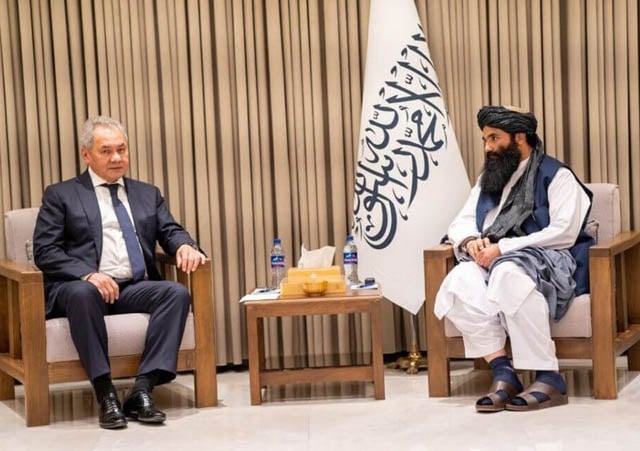




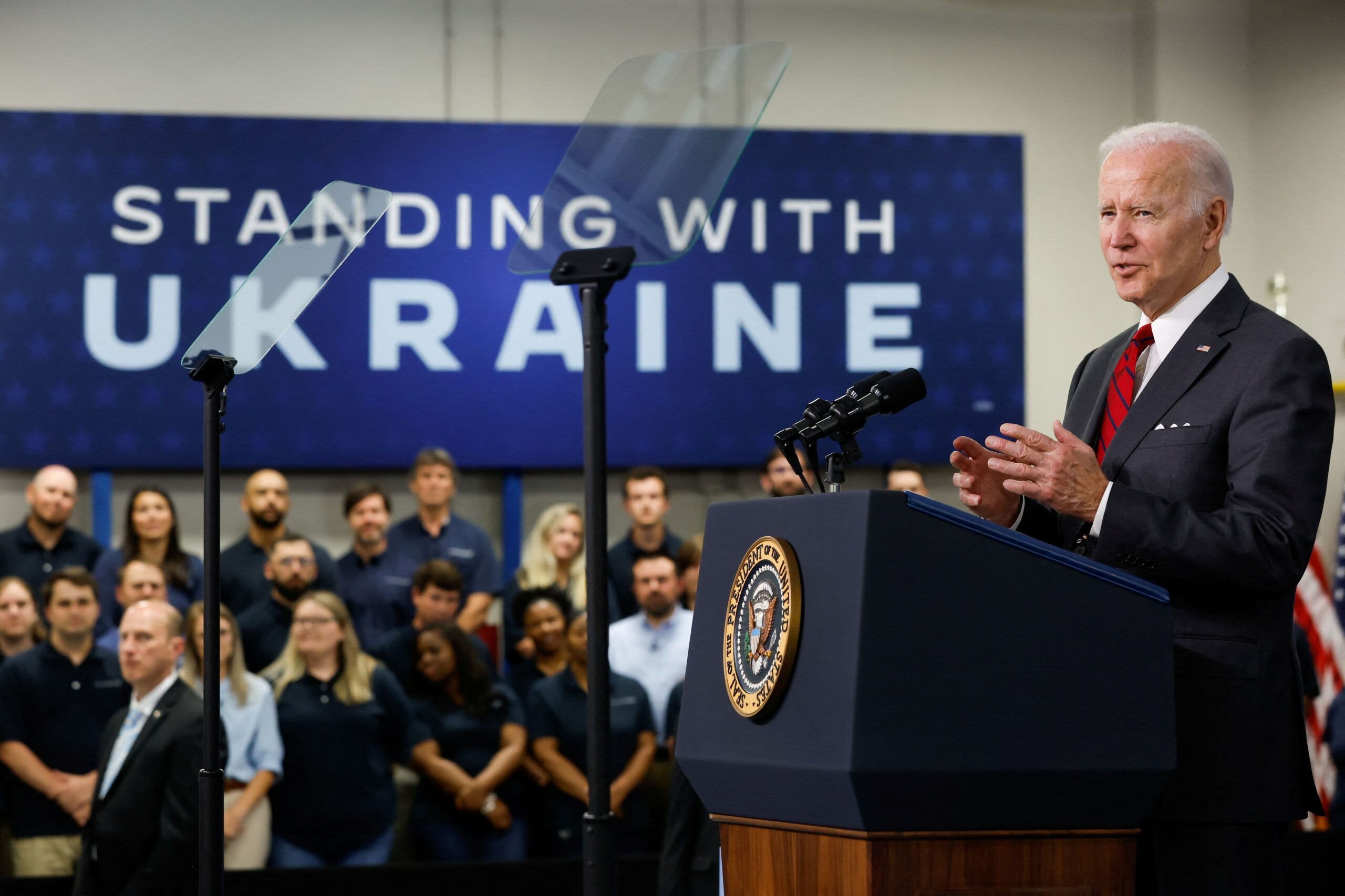


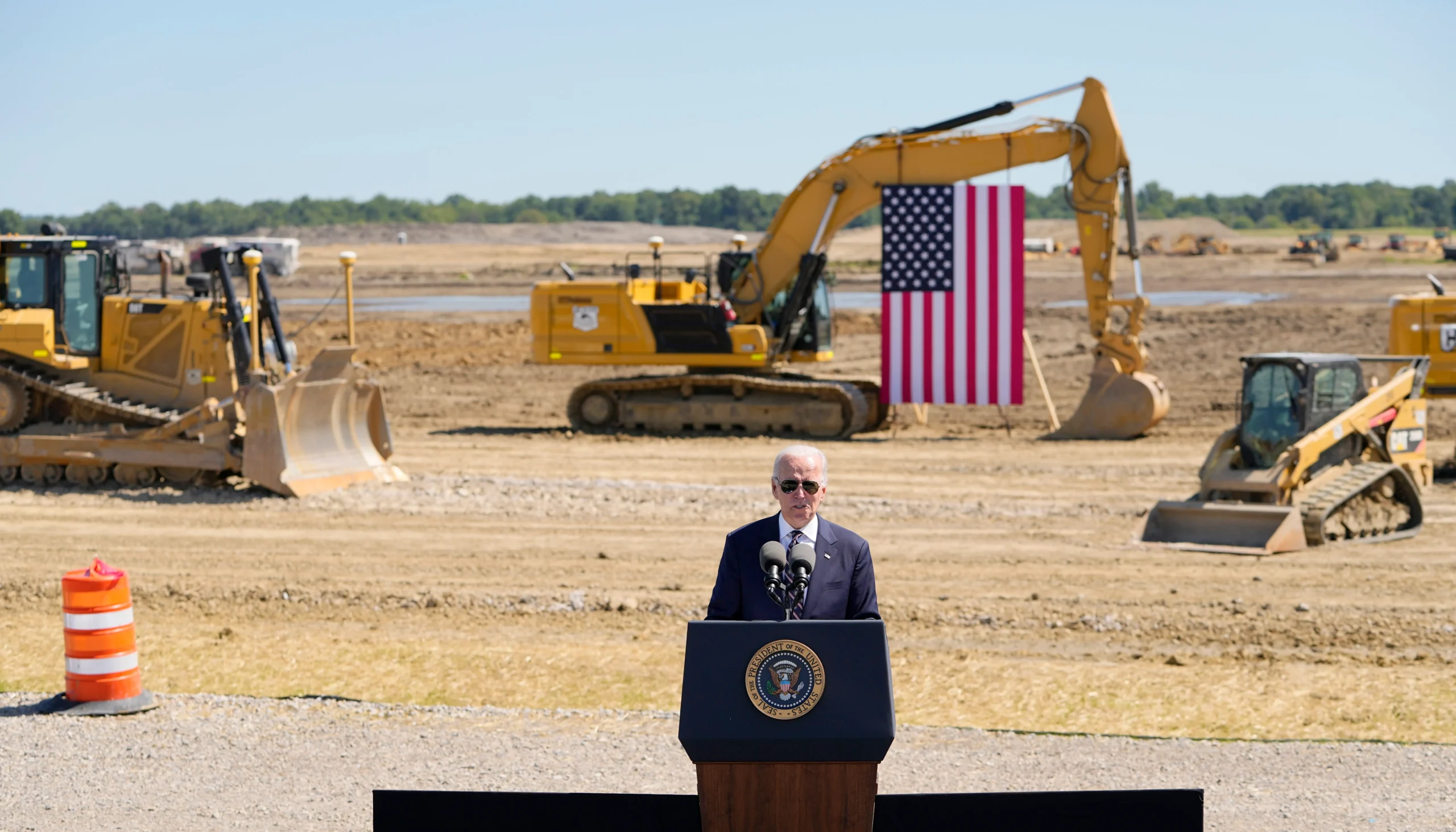
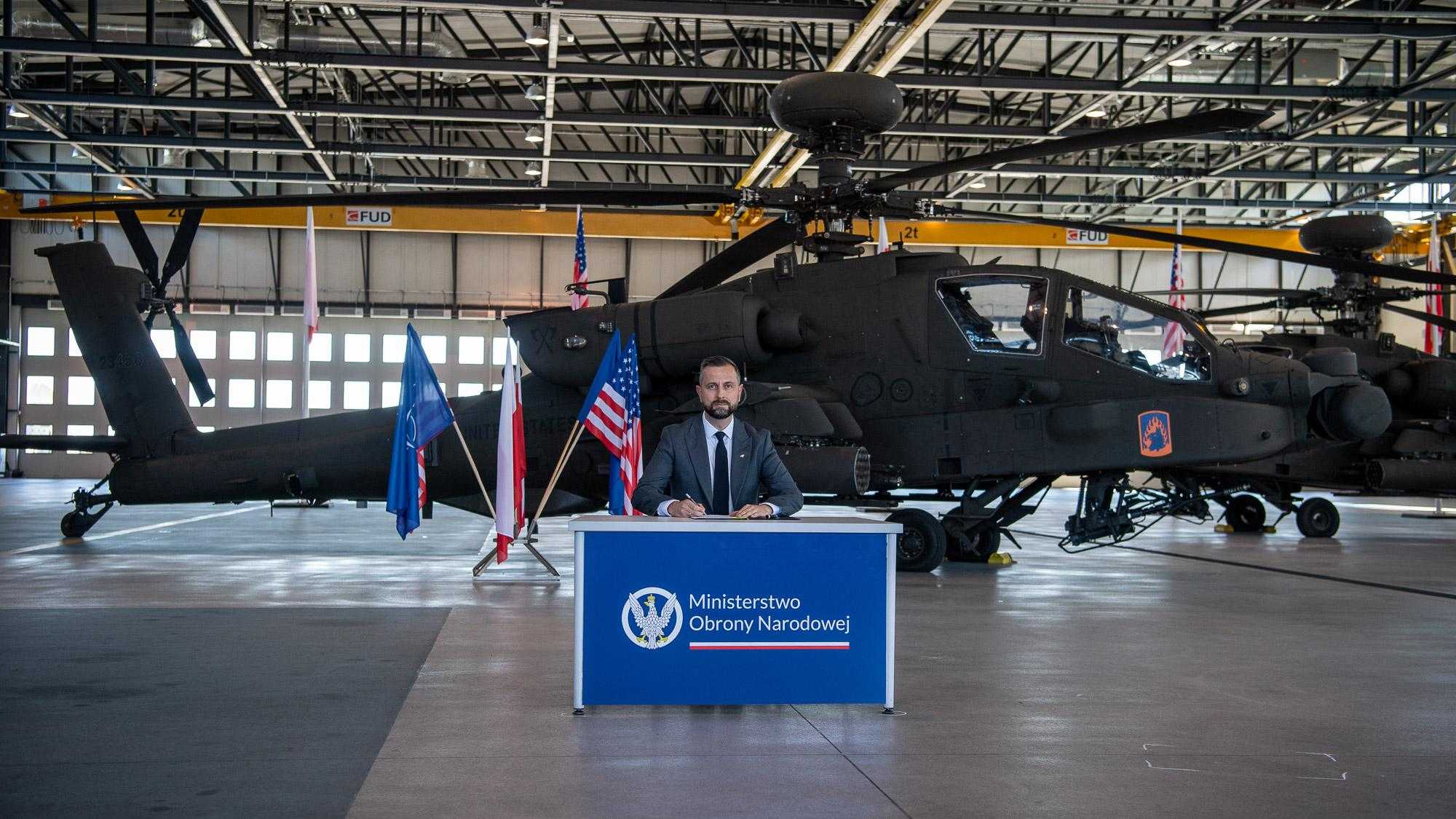
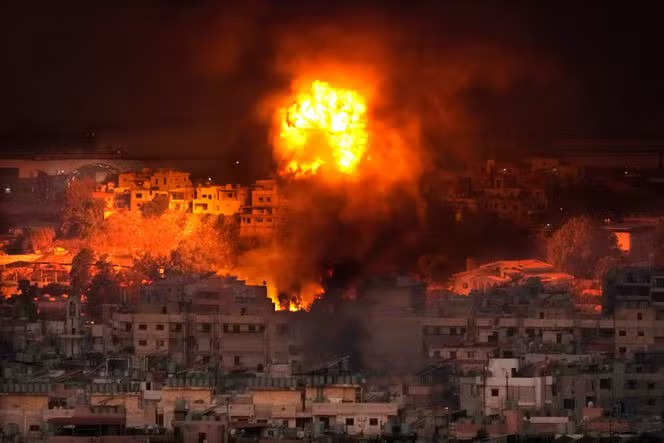
No comments.
By submitting a comment you grant Free West Media a perpetual license to reproduce your words and name/web site in attribution. Inappropriate and irrelevant comments will be removed at an admin’s discretion. Your email is used for verification purposes only, it will never be shared.